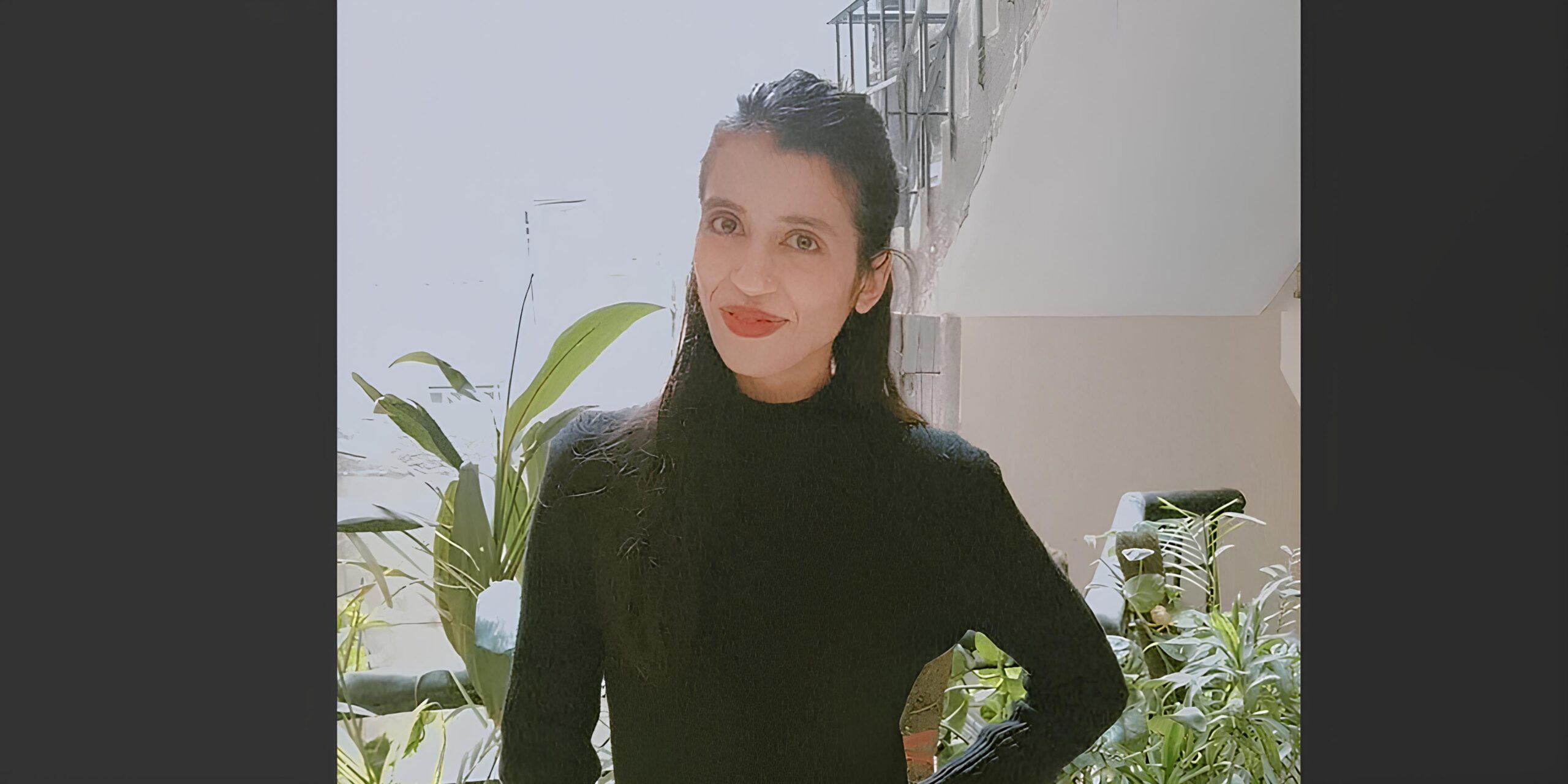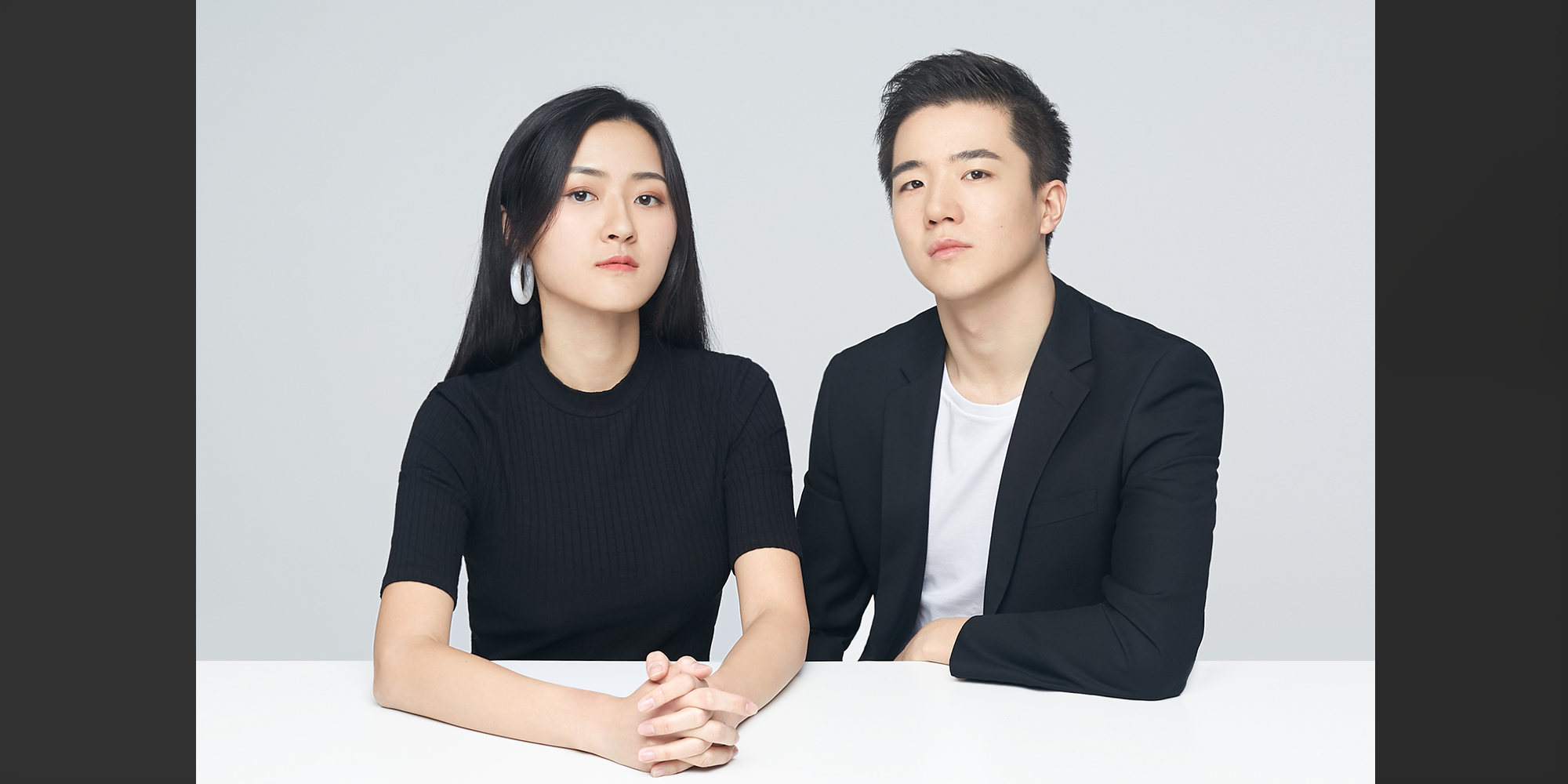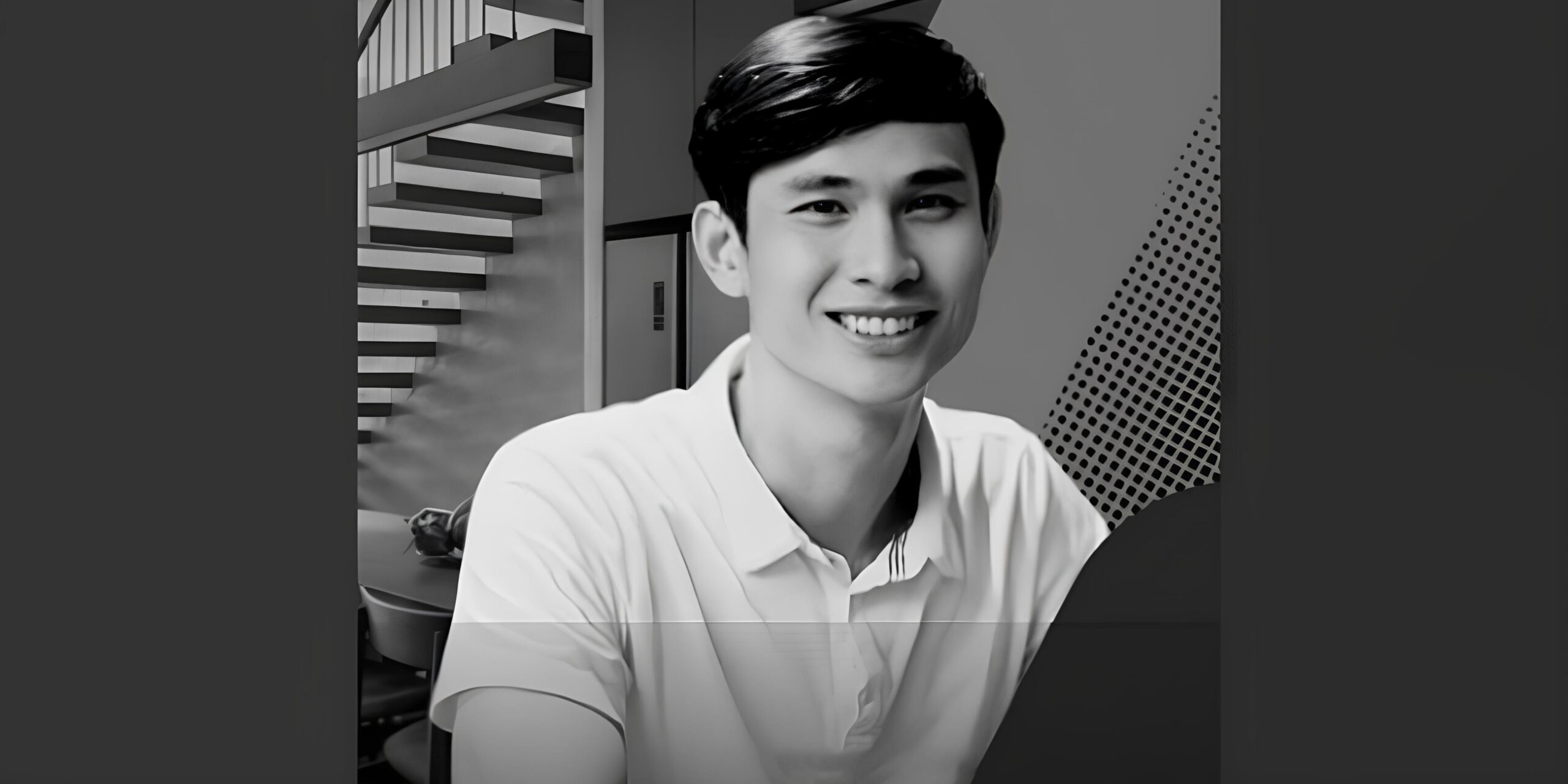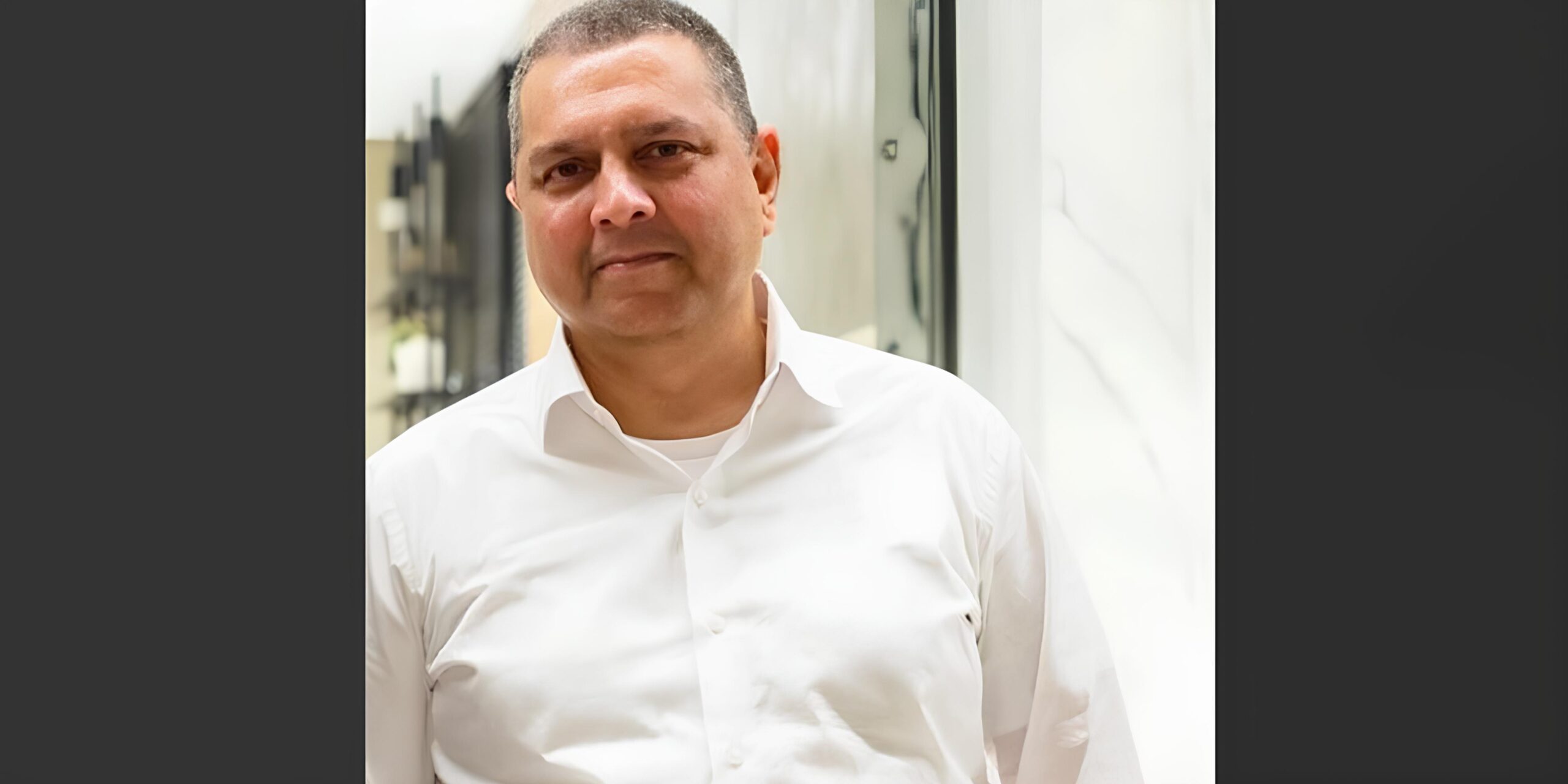In this edition of Media Matters, Fublis interviewed Kritika Juneja, an architect, journalist, and editor whose work bridges the worlds of design and storytelling. With a career spanning multiple roles in esteemed publications and platforms, Kritika has developed a distinct voice that highlights the deeper narratives within architecture, design, and inclusivity.
As the founder of ArchValor, Kritika champions a design philosophy that connects aesthetics with human emotion, emphasizing sustainability, innovation, and social impact. Her insights on the role of artificial intelligence, the evolving role of women in architecture, and the importance of storytelling in design offer a compelling perspective on the industry’s future.
In this interview, Kritika shares her experiences, inspirations, and the values that drive her work, providing invaluable insights for aspiring architects, writers, and designers alike.
You have taken on various roles as an architect, architecture journalist, and editor for several esteemed publications. In what ways have these experiences shaped your perspective on design, and architectural storytelling?
Kritika Juneja: Firstly, thanks for this interview, it is a wonderful initiative you have taken on. Being an architect and talking about architecture as an editor, writer, journalist has only deepened my passion for design and art, infact, it has pushed me more towards it. It’s all about telling a story, whether you’re presenting a design concept to a client or pitching to a journalist. I naturally take on different roles because it is so intertwined, and reading is the cornerstone of everything. If you read good books, you will produce good books when you write. Perhaps it’s not as easy as you think, but you have to go to the source if you want to learn something. There is a quote by myself that says, ”Life is all about telling and hearing stories. What sets us apart is how we tell them”.
In your opinion, what are the most exciting trends in architecture and design today, and how do they align with the goals of Arch Valor?
Kritika Juneja: Innovation and sustainability are undoubtedly the most exciting trends. At times, we forget to be human because of so much technology around us. I personally love designs that connect us to our roots and remind us of who we are. The concept of design is not confined to architecture, just as ArchValor embraces product design, fashion design, art, even a good crockery design might interest me.
Nevertheless, I don’t deny the importance of technology, today artificial intelligence is so trendy but can it replace your emotions!
In your article, ‘Rising to the Challenges: Women in Power’ you have mentioned the importance of inclusivity in architecture. What specific changes do you think are needed in the industry to foster a more equitable environment for women?
Kritika Juneja: As written in my article, most often women play the role of mothers, wives, nurses, where they are serving others and showing fortitude. It is in this regard that women differ because, instead of seeing the same situation as their male counterparts, they take an egalitarian approach.
The two specific characteristics which define a woman, one is emotion and the other is grace and both the factors play a crucial role in establishing strong business connections along with having an egalitarian, collaborative and a nurturing approach while dealing with situations and coming out of the worst scenarios with grace and at ArchValor we embrace both.
We need to accept, that would be a big change, that women have dreams and they will achieve them. Think about a few scenarios and tell how you feel – a woman alone on a site after 8pm with the male labourers, only a stare is enough to make her feel uncomfortable.
What role do you envision artificial intelligence will play in the future of architecture and design?
Kritika Juneja: The future belongs to Artificial Intelligence without a doubt. All of our work will be correlated with it in the future. Infact, half of our work has already been replaced by tools. The 3D printing process has taken away a huge amount of traditional work we used to do on site, and will soon become the norm. The question is, though, can it replace your emotions, I don’t think so, that’s the difference between the human and a robot. It is trying to make us super lazy and we are becoming also but to what extent.
How has your background in architecture shaped your voice as a journalist?
Kritika Juneja: A journalist needs passion to express, and that is what I have been doing. Being an architect, I have led a team of professional journalists. Everyone expresses themselves differently, and I am grateful that I found my voice as an architecture journalist.
What key innovations or changes do you think the architecture industry should adopt to stay relevant over the next decade?
Kritika Juneja: My desire is to see architecture, including other fields, become more human, a trend that shall never fade. ArchValor, was born because of this sole reason, that I wanted design to connect with emotions, the tagline itself is “ArchValor- Connecting Designs with a thread of emotions”.
What book, article, or piece of design has left a profound impact on your career, and why?
Kritika Juneja: It’s so difficult to name one for that matter, books are something which keep me alive. I have lately been reading, “Great Expectations-Notes to an Architect” by our beloved Christopher Benninger. It’s a legacy, a reflection of Christopher Benninger’s learnings and experiences. It’s fascinating how a young boy looked at everything around him with curiosity. I love how he says, I was a traveller not a tourist. That’s exactly how I feel when I travel, I try to blend in, stay for a while, and not just be a tourist. I would like to end it with a quote by Pericles which is very dear to my heart, “Having knowledge but lacking the power to express it clearly is no better than never having any ideas at all”.
What future trends do you think will influence the architecture and design fields, and what guidance would you offer to young professionals looking to break into these industries?
Kritika Juneja: In my answers to other questions, I mentioned trends, but I would advise young students who want to write to do it only if they are passionate about it, even in the worst of times. Express yourself, be you.




